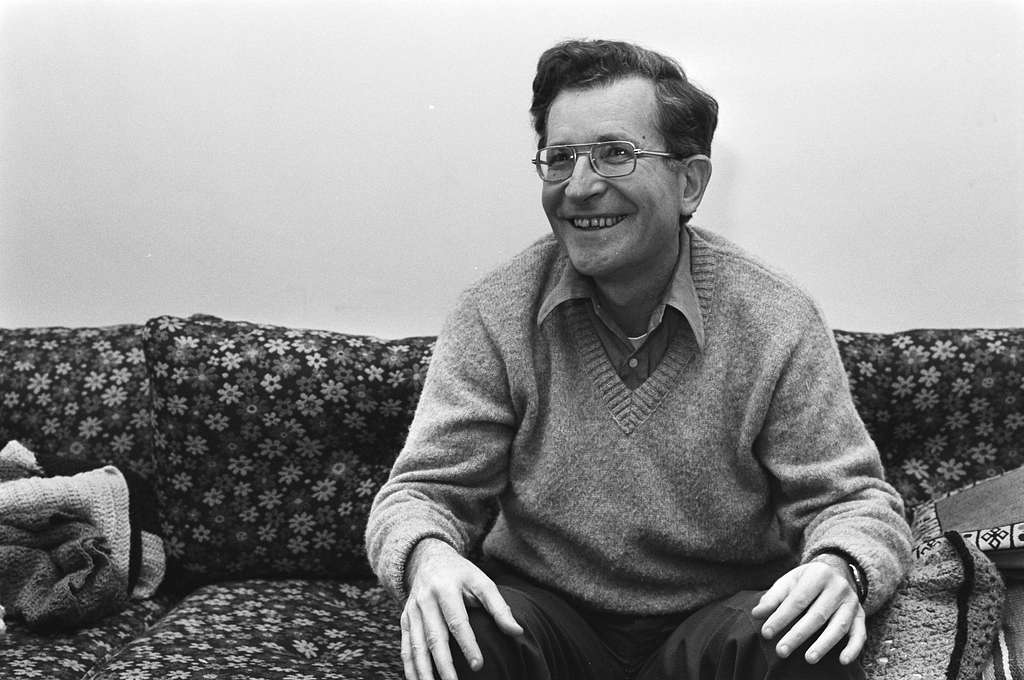Noam Chomsky is a renowned figure in the world of linguistics, known for his groundbreaking theories on language and the mind. Despite his prominence as a linguist, many people recognize him more for his left-leaning political views, particularly in the United States. However, his impact on language acquisition studies and language teaching programs cannot be understated.
Chomsky’s Linguistic Contributions
Chomsky introduced transformational-generative linguistics and the concept of universal grammar, which revolutionized the field of linguistics. He authored numerous books and articles on linguistics, philosophy, cognitive science, psychology, and politics throughout his career.
Abstract Principles Applied to Language Learning
Chomsky’s ideas about language being rooted in the human mind’s cognitive competence, governed by abstract rules, have influenced language acquisition studies and teaching methodologies. He proposed that all languages share the same underlying principles, despite differences in their phonetic expressions.
Deep Structure and Surface Structure
Initially, Chomsky proposed the existence of a ‘deep’ structure, representing the abstract syntactical framework of sentences, which undergo transformations to become the ‘surface’ structure, the concrete manifestation of language. Over time, he emphasized universal principles that organize all human languages.
Impact on Language Teaching
Chomsky’s theories suggest that language acquisition is largely determined by innate cognitive processes, rather than direct teaching or experience. This perspective encourages educators to align teaching methods with the natural order of learning, aiming for greater effectiveness.
Challenges and Criticisms
Some language pedagogues doubt the practical applicability of Chomsky’s theories, noting discrepancies between his idealized view of language acquisition and the reality of teaching concrete learners. Nevertheless, his legacy has shaped contemporary language learning theories, emphasizing cognitive mentalism.
Conclusion
Noam Chomsky’s influence extends beyond linguistics into the realm of language learning and teaching. While his theories may pose challenges in practical application, they have fundamentally shaped our understanding of how humans acquire language and the role of educators in facilitating this process. By acknowledging Chomsky’s contributions, language educators can better tailor their approaches to meet the needs of diverse learners.








